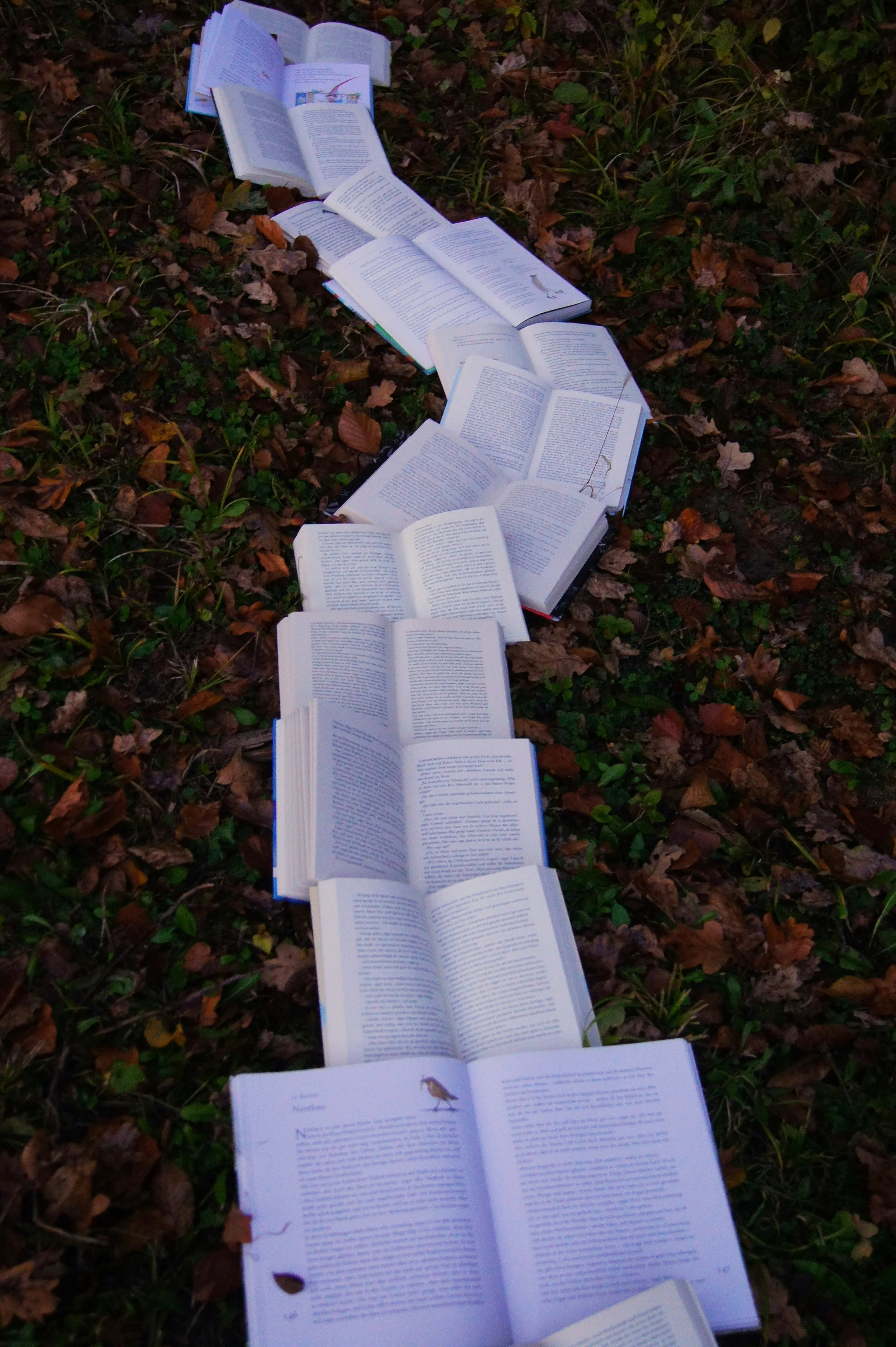
The Canon
To Save the Future, Hold Tight the Past
To define a new future, one must first understand the present; to understand the present, one must first understand the past. Such is education; such is history: a collective memory conveyed through lecture, story, ritual, whisper, artwork, warfare, song. The modern world has obfuscated these distinct cultures to fit all peoples into the homogenizing machinery of global industry. To restore the health and dignity of local cultures, then, Aurelia strives to re-introduce the youth to their own, unique ancestries, so that new authors of each culture might emerge to sing their next chapter and lead their People through night unto a new dawn.
Maintaining Beauty
From J.R.R. Tolkien’s “On Fairy-Stories”:
“The story-maker proves a successful ‘sub-creator’. He makes a Secondary World which your mind can enter. Inside it, what he relates is ‘true’: it accords with the laws of that world. You therefore believe it, while you are, as it were, inside.
“It is at once more universal and more poignantly particular. If it speaks of bread or wine or stone or tree, it appeals to the whole of these things…yet each hearer will give to them a peculiar personal embodiment in his imagination.
“If a story says 'he climbed a hill and saw a river in the valley below', the illustrator may catch, or nearly catch, his own vision of such a scene; but every hearer of the words will have his own picture, and it will be made out of all the hills and rivers and dales he has ever seen.”
Life Like Poetry
Resuscitating Charlotte-Mason’s Living Books
Charlotte engaged her students with what she called living books, distinct from the dry, mass-produced textbooks from the industrial classrooms of her day and ours. Such texts allow the subject to breath, or “come alive”, because often they were written as stories by an author who had a passion for the topic. Students were frequently required to narrate in their own words what was read. She taught handwriting and spelling by using passages from these great books, ones that communicate great ideas rather than merely key words. She encouraged spending time outdoors, interacting with God’s creation firsthand, and learning the ever-changing, living ways of nature. She introduced the work of important aesthetic artists and musical composers to and afforded students time with each, to truly know their works personally. Spread before her students a feast of ideas from a wide variety of sources—from Shakespeare to knitting to Bible to tramping through field and stream to algebra to singing to foreign languages. And woven throughout it all, she emphasized the habits of full attention, best effort, and learning for the sake of learning.
History as Heritage
Education as Identity
-

Pillar I: Literary Arts
Aurelia seeks to provide free access to the Western literary canon for any curious soul, curating works from the public domain so that a clear picture might emerge as to what we were, are, and might one day be.
-

Pillar II: Aesthetic Arts
Aurelia seeks to provide free access to the Western artistic canon for any curious soul, curating works from the public domain so that a clear picture might emerge as to what we were, are, and might one day be.
-

Pillar III: Performative Arts
Aurelia seeks to provide free access to the musical canon for any curious soul, curating works from the public domain so that a clear picture might emerge as to what we were, are, and might one day be.


